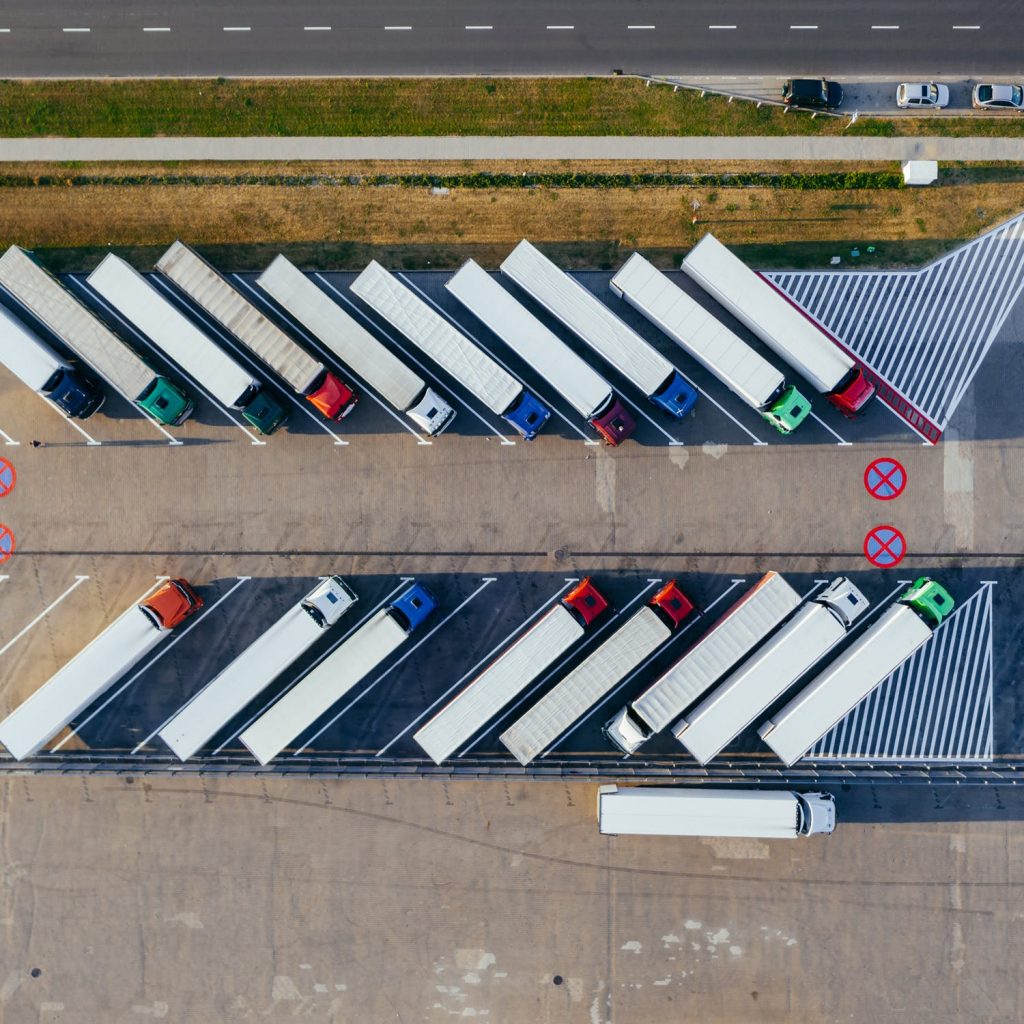An example of how the situation in Italy can affect logistics companies
The restricted zones set up in Italy because of the coronavirus have an impact on Swiss logistics companies. This article deals specifically with logistics service providers in Aargau as an example of possible developments in Europe.
Initially, after the Italian regions were sealed off, some logistics companies were uncertain whether Italian employees could come to work. But for the time being they can come. Jan Arnet, Managing Director of Bertschi AG, a logistics provider with 3100 employees and headquarters in Dürrenäsch, says: “Freight traffic and commuter traffic are excluded. However, it remains uncertain how long the borders will actually remain open.
Since Bertschi AG has a branch near Milan, protective masks were distributed to employees there two weeks ago. Employees who were in affected areas in Asia were sent into quarantine as a precaution, according to Jan Arnet.
Effects also on rail transport
On the basis of the statements of the logistics experts in Aargau, it is clear that in Europe the demand for rail transport capacities is currently increasing in some cases.
Some logistics companies have now decided in favour of combined transport and handling via several terminals. As many goods as possible are transported by rail. Trucks are only used for the later fine distribution.
Arnet explains: “The advantage of combined transport is that the goods are transported unmanned.
Benjamin Giezendanner, who runs a transport company with around 200 employees in Rothrist, is also in favour of combined transport. However, he also points out the problems that arise in rail transport. Giezendanner explains: “We are noticing the first effects on the train connections from north to south, from Rotterdam or from the Ruhr area to Milan. There are too few train drivers who want to go to the crisis area.” If one wanted to buy more transport capacity, one could feel the fear of the train drivers, although their work situation in their own cab is considered relatively safe.
Source: www.kloepfel-consulting.com


